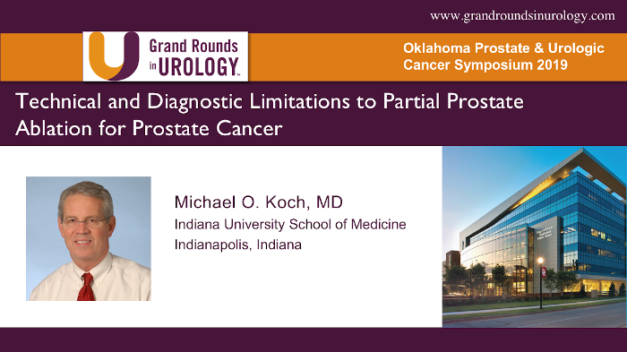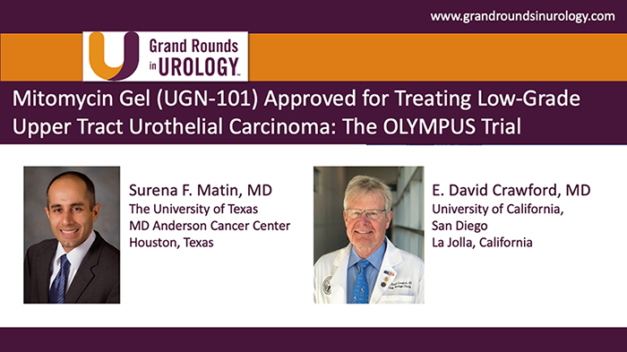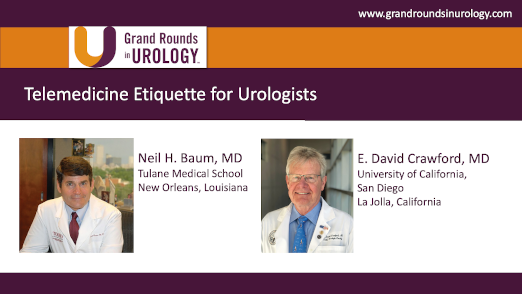Technical and Diagnostic Limitations to Partial Prostate Ablation for Prostate Cancer
Michael O. Koch, MD, provides an overview of High Intensity Focused Ultrasound (HIFU) and Transurethral Ultrasound Ablation (TULSA-PRO), focal prostate ablation therapies that have recently shown promise as treatments for localized prostate cancer. Both treatments only have de novo approval from the FDA and have no specific indication for prostate cancer and there have been some disappointing international studies of the therapies. However, several studies with carefully-selected patients who are not thriving on active surveillance, have unilateral significant disease, and have limited calcifications have had remarkable results, with high rates of failure-free survival and PSA reduction. For approximately 10-15% of prostate cancer patients, prostate ablation may be a very good technique.
Read More




